12 Apr Mersel
Virtual Tasting Room:
Almost as good as being there!
Founded by three women, Mersel makes wines that are 100% organic, with no additives, fining, or filtering. Winemaker Eddie Chami and his team tend the vineyards in Bousit, the Wadi Qannoubine Region, and the Maksar Mersel Region. Chami, an Australian, formerly served as one of the winemakers at Couvent Rouge, where he helped to create the first Lebanese sparkling wine, Petillant Natural. He continues this tradition at Mersel creating a LebNat Pet Nat Gold and a LebNat Pet Nat Pink Rose. Other wines include a Phoenix Merwah; Dar Richi-Hanan, a red wine created by a Syrian refugee; Lebnani; and Piquette Sparkling Wine. The owners are not only committed to sustainable farming they support and buy grapes from local farmers, and are shepherding herds of Nubian ipex, a desert goat on their property, the symbol of Mersel Winery.
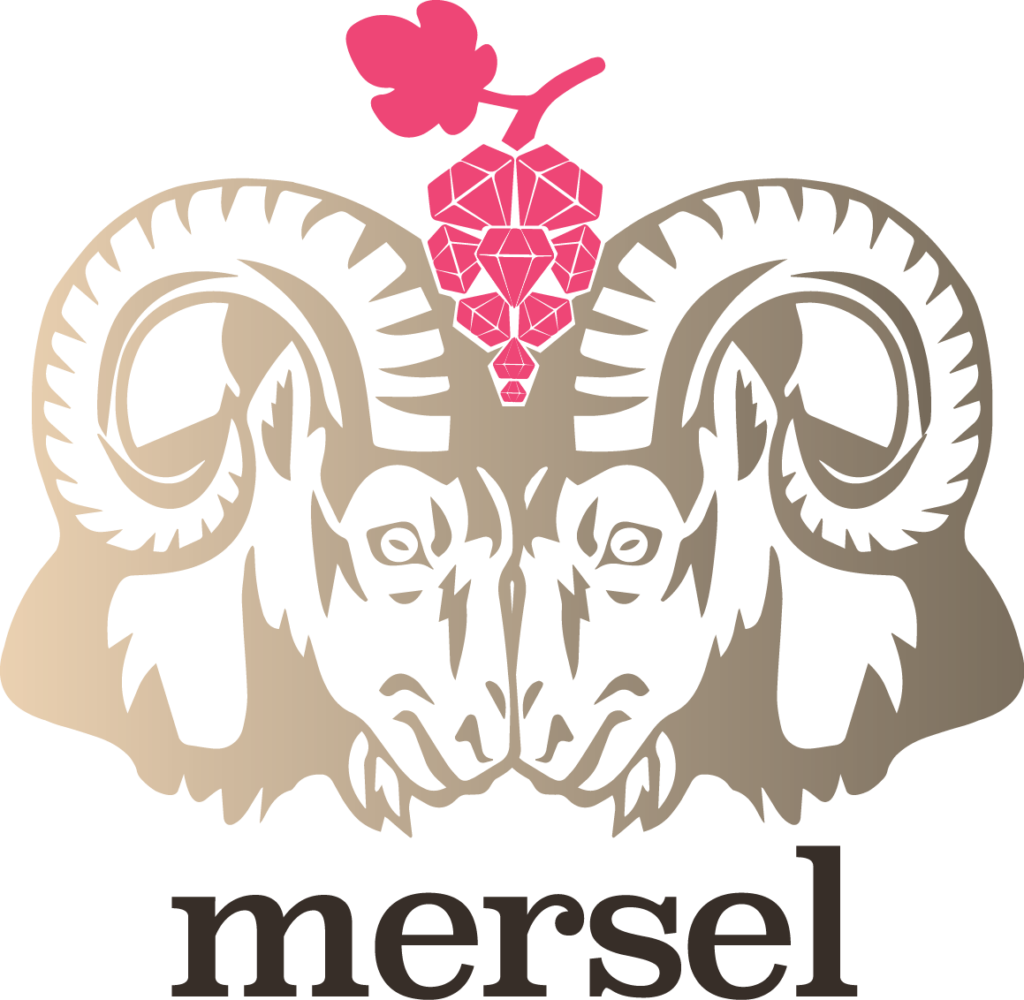






Fun Facts
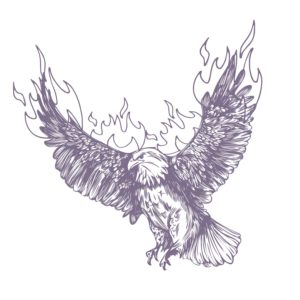 Our Phoenix line comes from the rise of the Lebanese national bird, the Phoenix. The firebird that keeps rising, using its passion and determination to try something new. We are one of the first wineries in Lebanon to produce a completely natural, organic wine that is free from additives and that is unfined and unfiltered.
Our Phoenix line comes from the rise of the Lebanese national bird, the Phoenix. The firebird that keeps rising, using its passion and determination to try something new. We are one of the first wineries in Lebanon to produce a completely natural, organic wine that is free from additives and that is unfined and unfiltered. - Our wines are 100% organic with no additives, no fining, and no filtering.
- We grow our own grapes but also buy grapes from local farmers to encourage the revival of indigenous Lebanese grape varieties. At Mersel Wine, we wanted to embed our culture with our wines. Lebanese people are warm and hospitable, they open their hearts and homes and welcome those around them. We wanted to create wines that fit with the Lebanese character, wines that are for everyone to enjoy, and wines that help our local farmers that is why we have created ‘Wines with our farmers…for the people’.
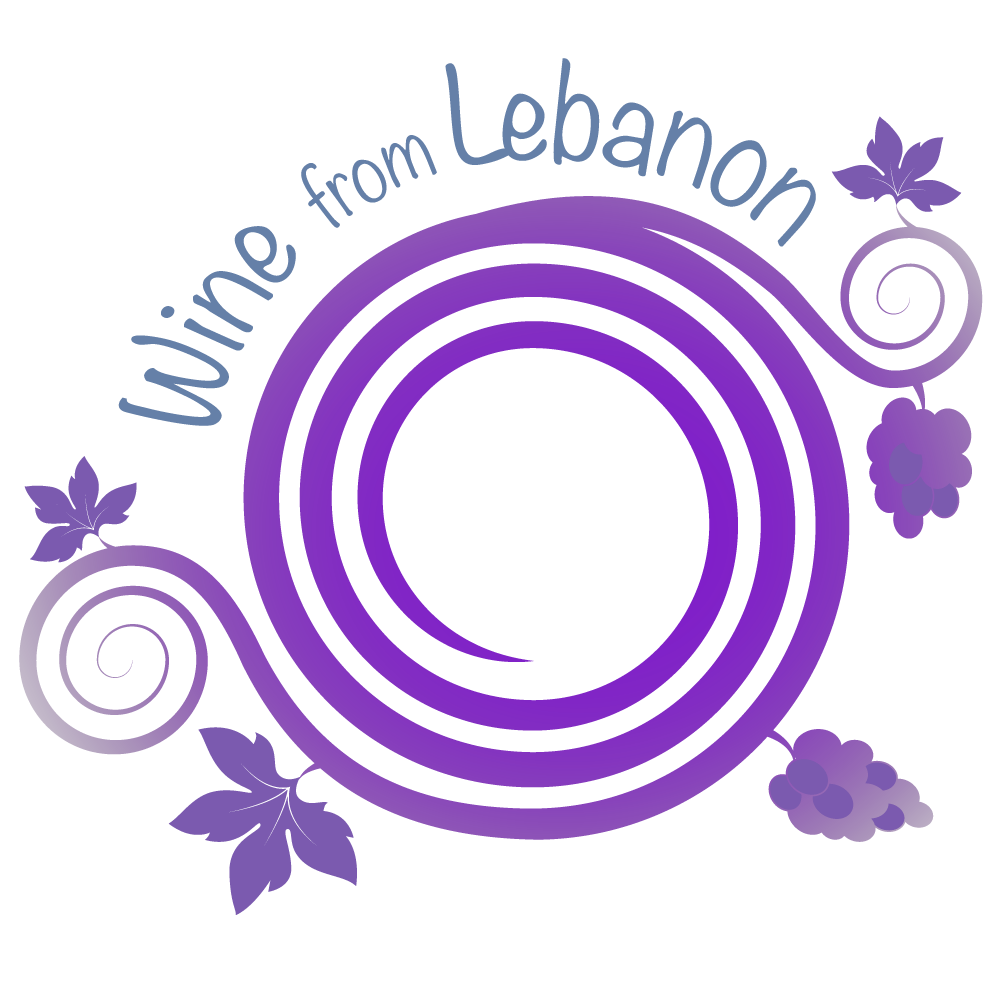
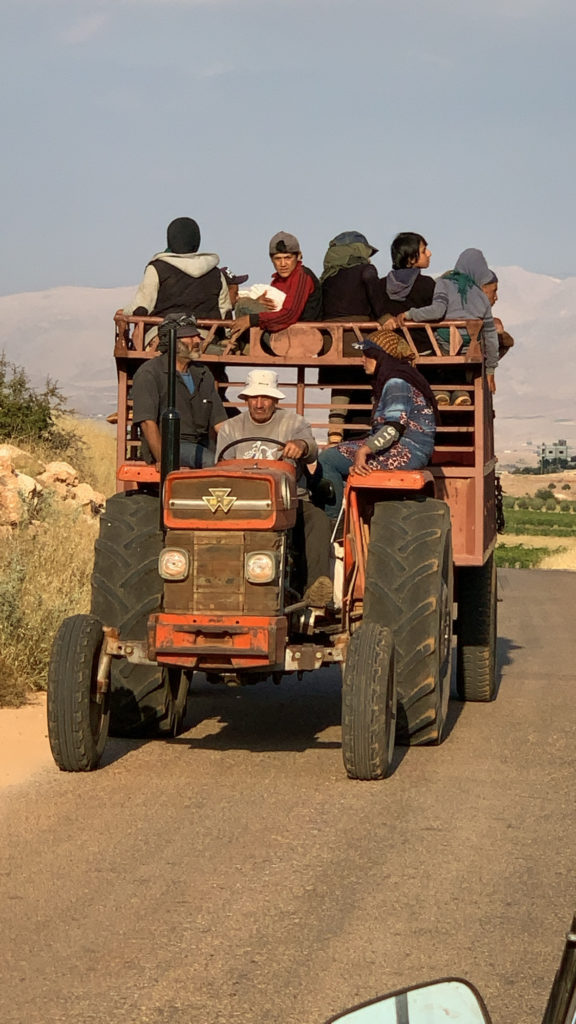
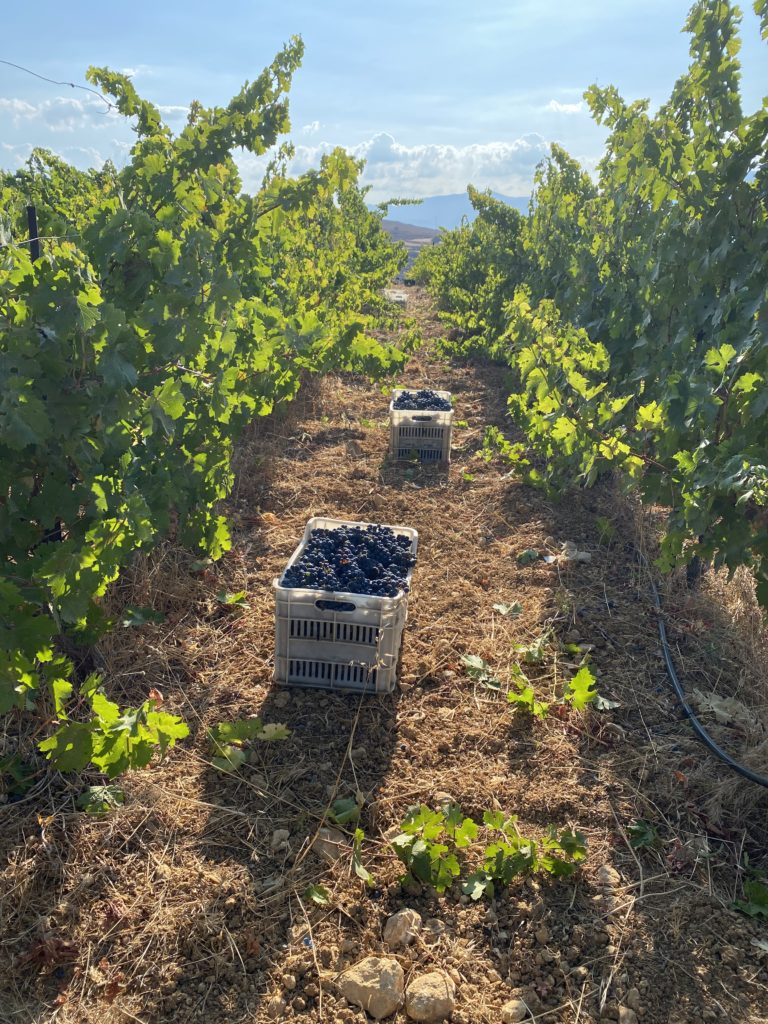
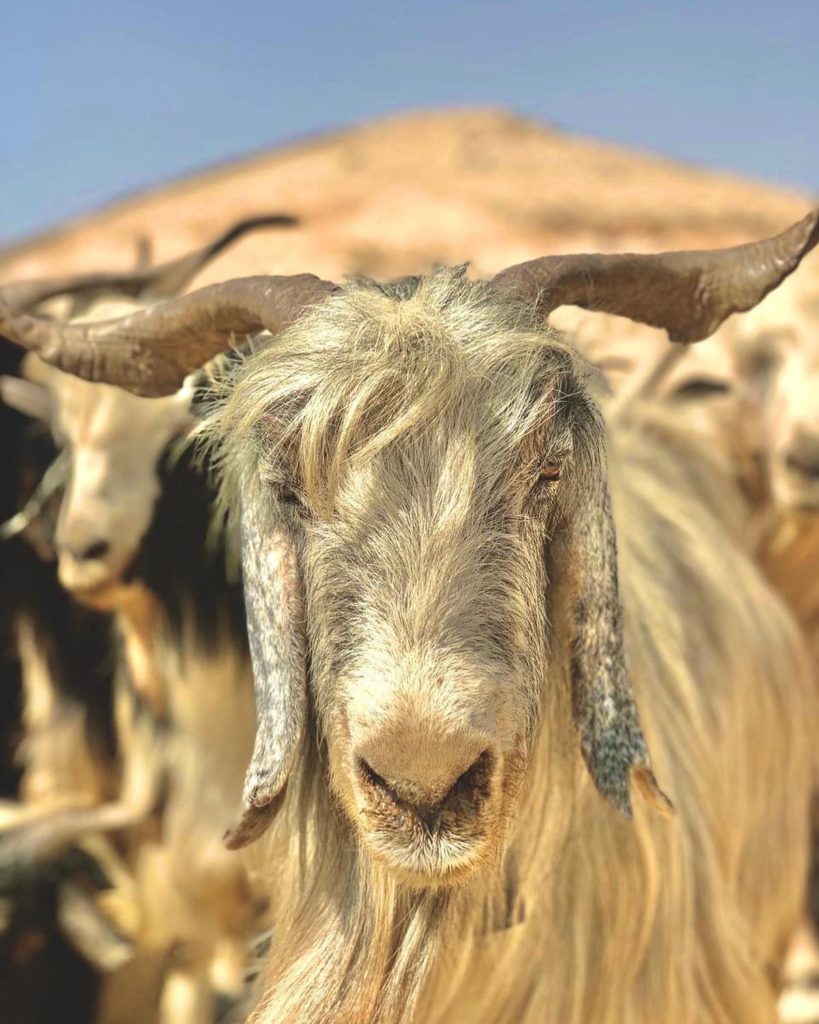
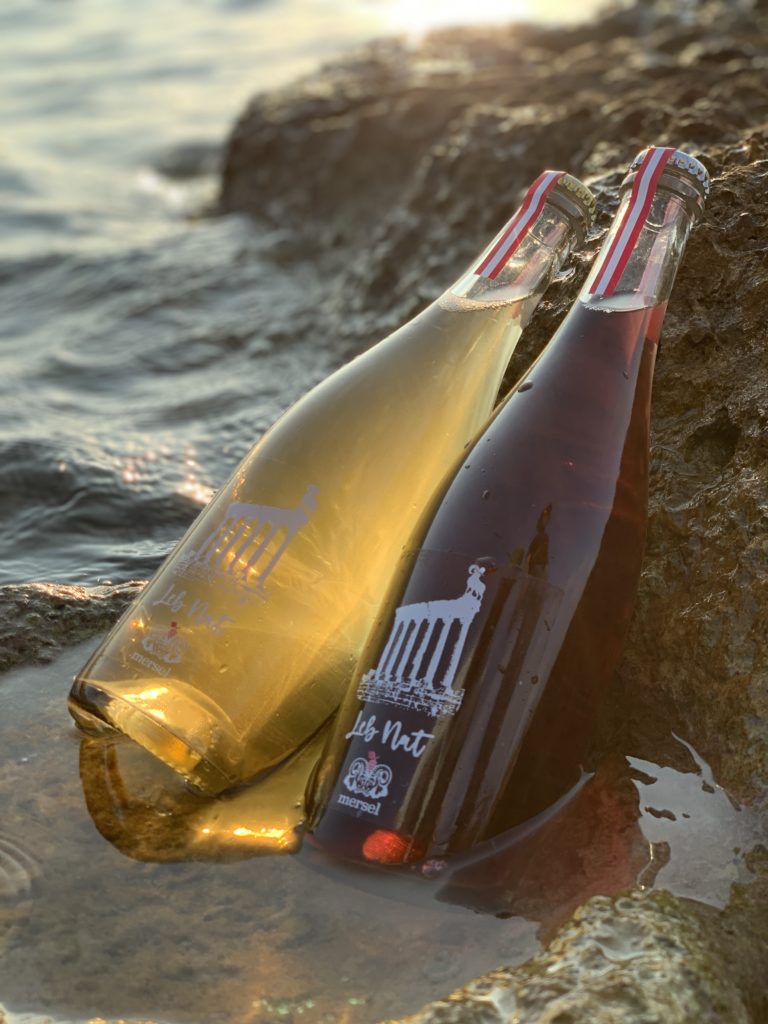
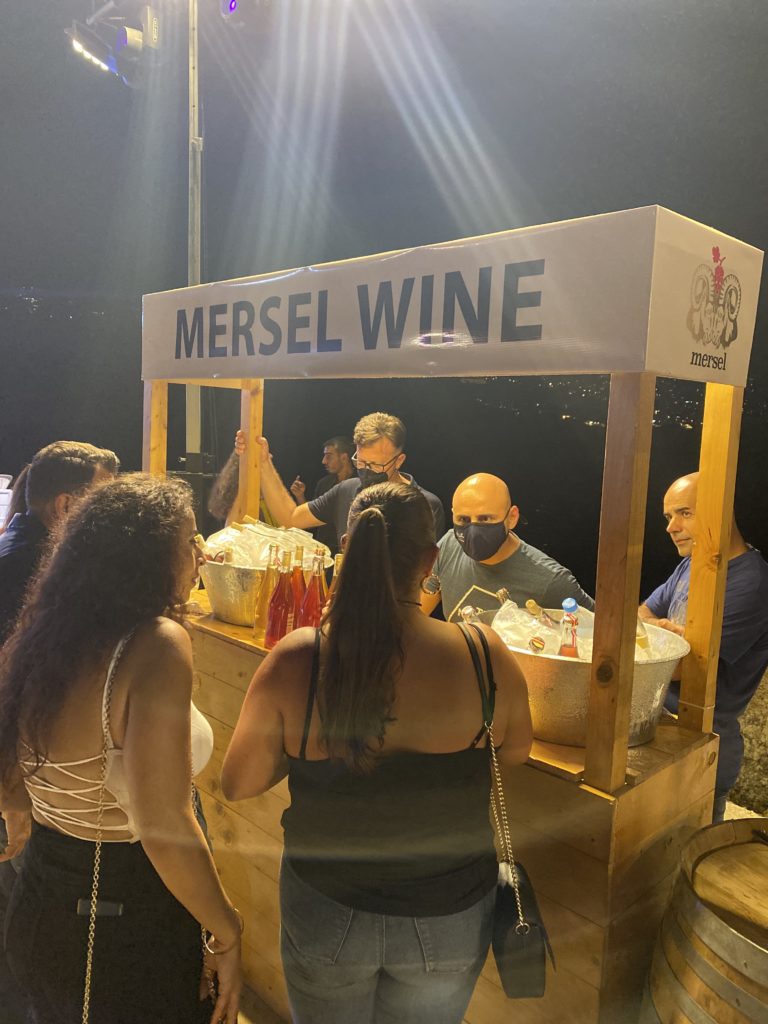
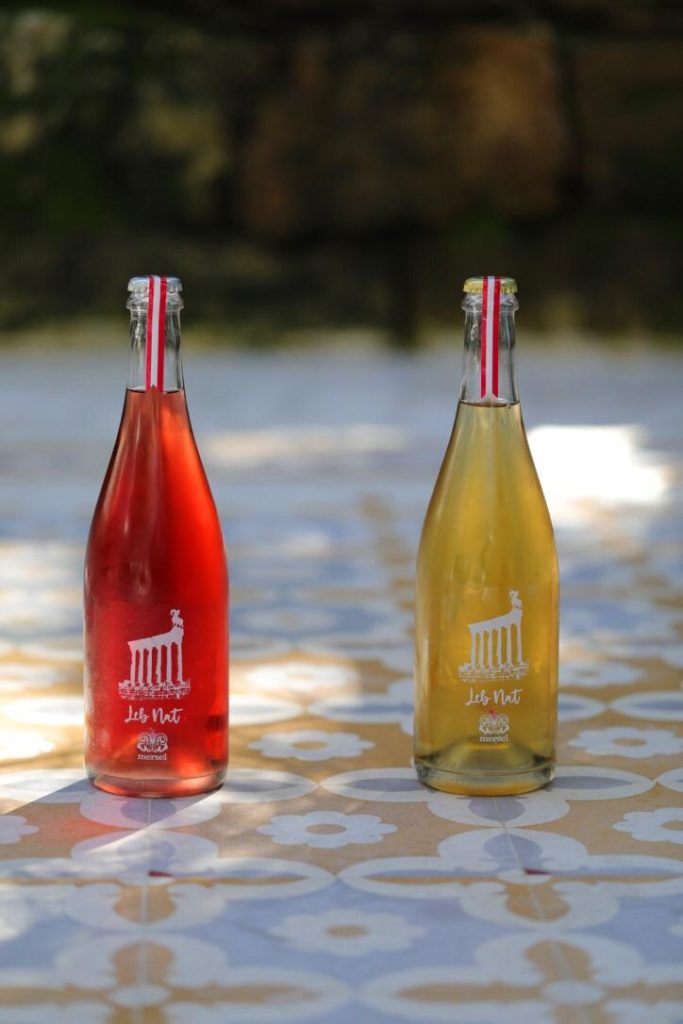

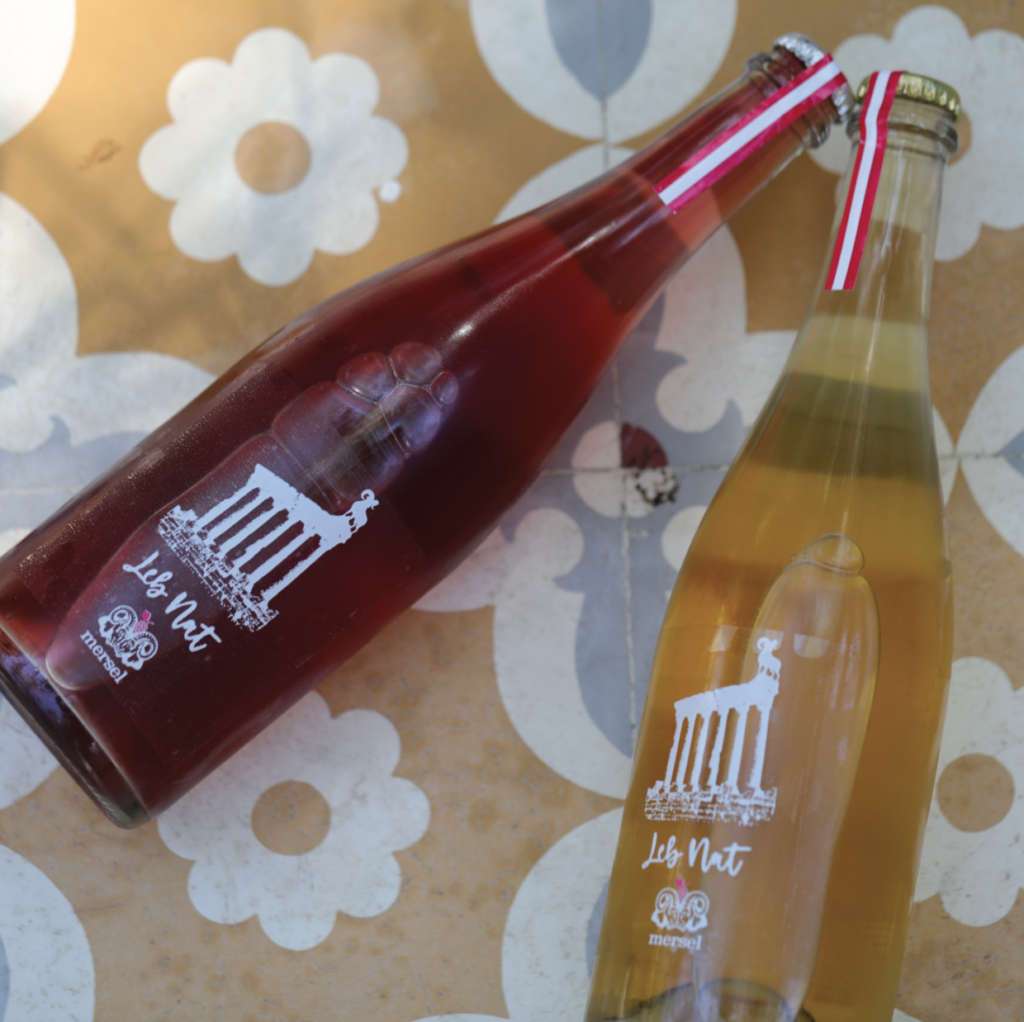
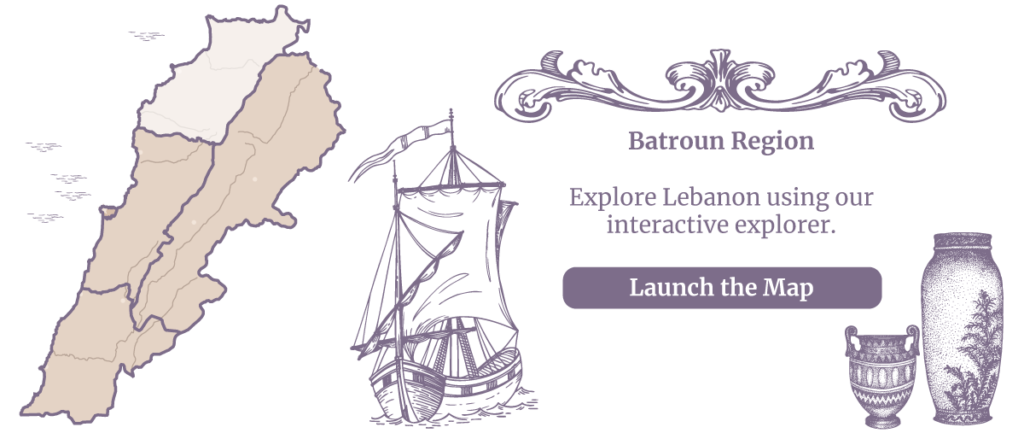
Sorry, the comment form is closed at this time.